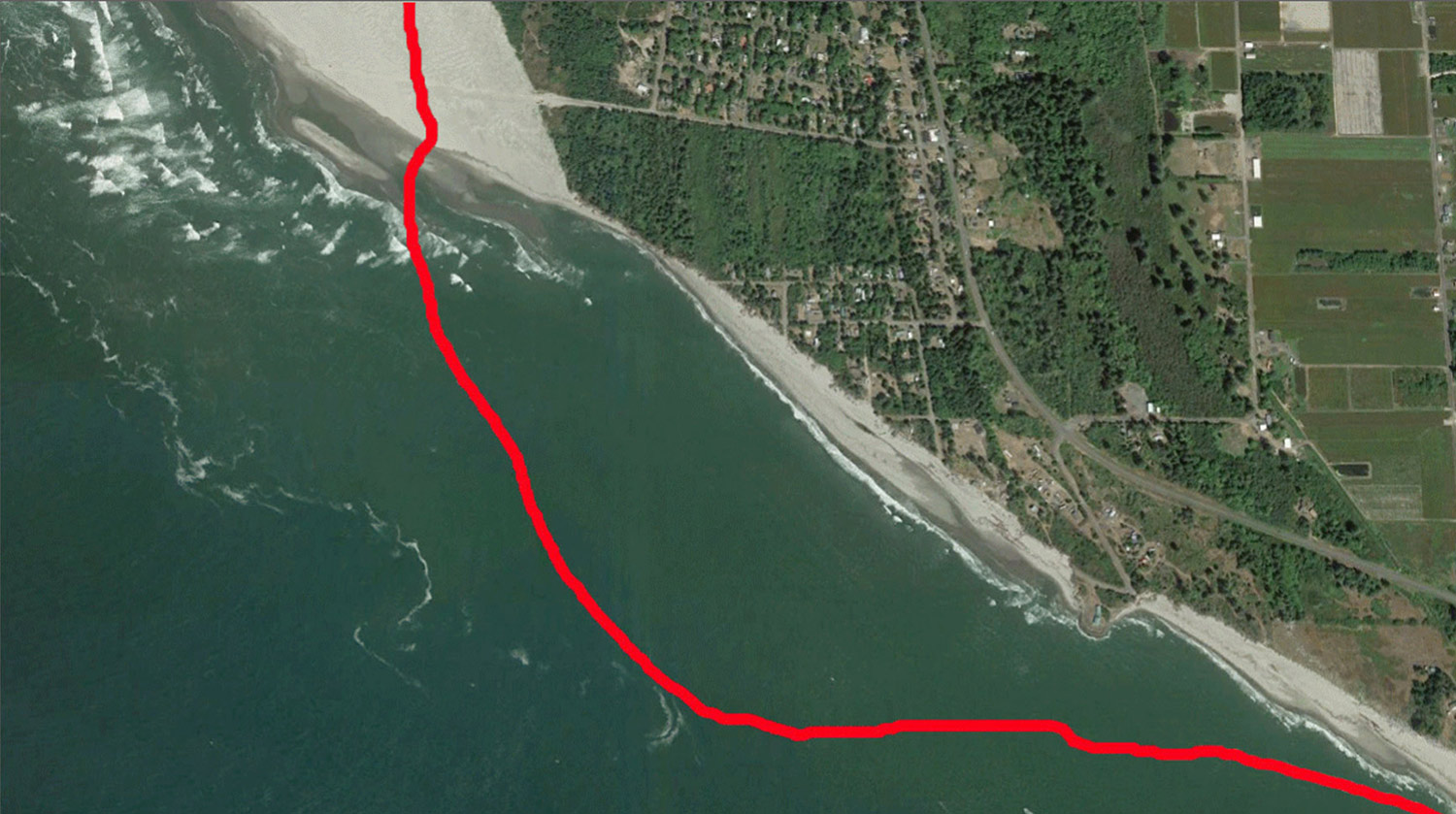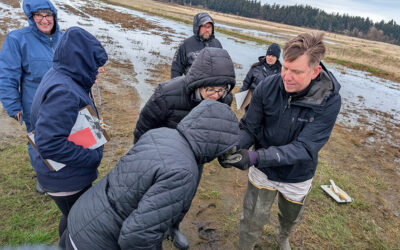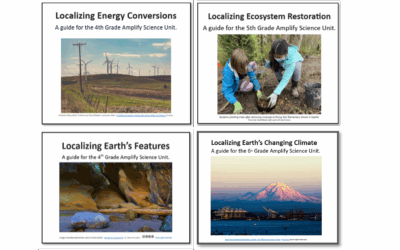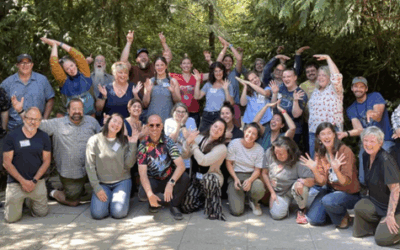PEI’s workshops are typically well attended, but what happened in May was exceptional.
Over one hundred people registered for a Phenomena Based Learning: Solutions Oriented Storylines workshop and of those who attended, nearly all completed the course requirements. “We ended up awarding STEM clock hours and stipends to nearly 70 people from four educational service districts,” says Tressa Arbow, PEI’s East Sound North FieldSTEM Coordinator.
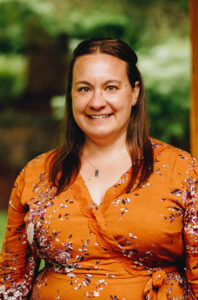
Tina Nicpan-Brown
The workshop was already unusual given that the subject matter was a special request from teachers rather than a regular PEI offering. When Puget Sound Educational Service District had Clime Time funding available, Science Program Manager Cheryl Lydon had an idea.
“Instead of doing a workshop on a specific storyline like coastal hazards or regenerative agriculture, she asked about doing something pedagogical like phenomenon-based teaching,” Arbow explains. “Her teachers were telling her they wanted phenomena-based training, and since each of our storylines opens with an anchoring phenomenon, we agreed to do it.”
Phenomenon-based learning begins with the aforementioned ‘anchoring phenomenon,’ a puzzling event or process whose full explanation requires a wide range of scientific ideas and practices to be coordinated with one another and with evidence. In regular Solutions Oriented Learning Storylines (SOLS) workshops, the phenomenon is the gateway to exploring a specific topic, but in this case, the focus was on the teaching and learning process itself.
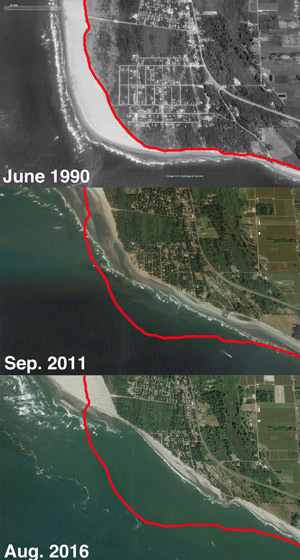
Example of the anchoring phenomenon
To illustrate how it works, Arbow and PEI’s West Sound FieldSTEM Coordinator Molly Griffiths shared a time-lapse image of erosion at Washington’s North Cove, aka ‘Washaway Beach.’ Participants explored the phenomenon, attempted to make sense of what was happening, identified related phenomena and developed questions and next steps – all processes they can replicate with students of any age.
They then presented characteristics of effective and ineffective anchoring phenomena, or ‘phenomenon vs. phenomenot,’ and participants sorted a list of potential phenomena based on those criteria.
In the second session, they heard from Tina Nicpan-Brown, a 5th-grade STEM virtual educator at Wenatchee Internet Academy who was the North Central Educational Service District (NCESD) 2022 Regional Teacher of the Year. Nicpan-Brown shared ways to integrate phenomenon-based science with other subjects while connecting to state standards, providing many examples of how she’s done so with her students.
“Tina is a genius at figuring out what students are interested in and then creating a whole project around it,” says Arbow. “As one example, they were doing an adaptation unit and they ended up going snowshoeing to experience what it’s like to have your feet adapt to walking on snow. She had so many examples.”
Before taking time to plan how they could implement phenomenon-based learning with their students, participants learned about PEI’s SOLS series, some available in both English and Spanish, which explores climate change solutions through the topics of fire, food waste, regenerative agriculture, solar energy, forests, coastal hazards, urban forestry and wetlands.
The response was enthusiastic. In post-workshop evaluations, 100% of participants rated the workshop ‘Very good’ or ‘good’ at the use of engaging and useful activities to facilitate learning, and confidence in their ability to facilitate phenomenon-based learning grew significantly.
“I really enjoyed hearing the guest speaker talk about how she incorporates science into the arts, math and literacy,” said one. “I also really enjoyed the resources that were shared. They were tools that I could use right away in my classroom, which is always beneficial!”
While noting that due to the available funds, PEI was able to offer $300 participation stipends, Arbow says the overwhelming interest has been illuminating. “One big takeaway is that it may be time to shift away from offering professional learning just on the content of our storylines,” she says, “and focus more on pedagogy, community and the components of the storyline that are universal across all of them.”

